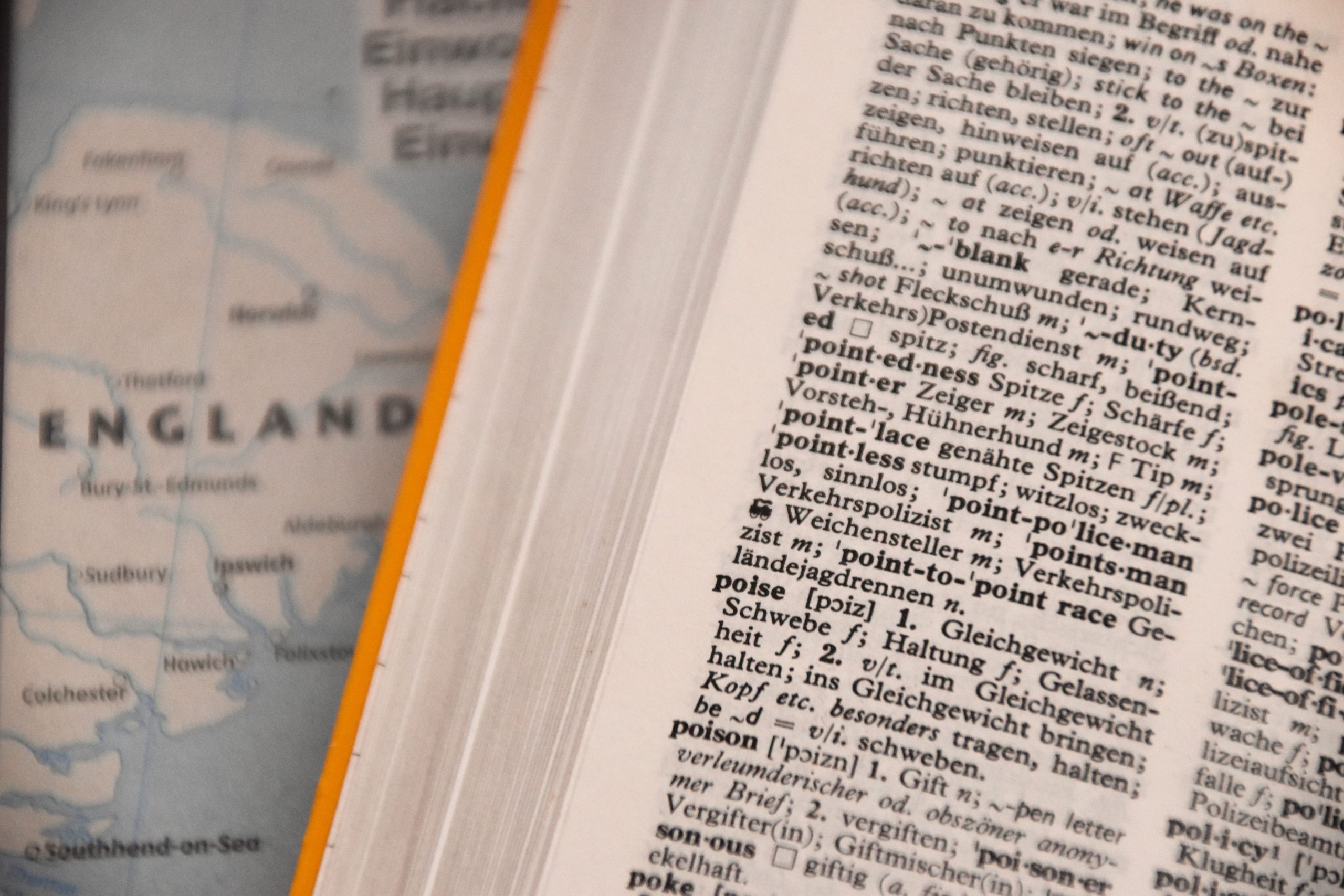On the Turkic loanwords in Hindi
N. U. Salimbekov
Tashkent State University of Oriental Studies
25, Shakhrisabz str. 100060,
Tashkent, Uzbekistan,
salimbekovn@gmail.com
Annotation. The present topic considers the Turkic words in Modern Hindi. These words are studied from thematic points of view. Here some thematic groups are given. It is pointed out that besides these words there are hybrid words in Hindi too.
Key words: Hindi; loanword; tadbhava; tatsama; deshi; videshi; thematic group.
At the beginning of IX century Turkic invaders began to open the war with their sacred flag to India. Spending the Feudal division time the Indian princes couldn’t stand before this attack, time by time Great Deli Sultan formed, who managed the Muslim invaders in the north part of India.
Entering the Muslim army to India did not give to appear the new language, although it influenced for the development of other languages: at first, Indian people communicate with the invaders of other languages and they always add new words into their language vocabulary; in the second joining the huge places of North India and they improved the language in one region, because the usage of language were spread by central power spacious. Hindustani was formed on the basis of the Delhi variant of Khari Boli. There are few Turkic elements in Hindustani. (Zograf G.A. “South Asian Languages”, Moscow, 1990. pg. 31-32.)
The invasions were for India from Central East countries, the state was established by the Muslim invaders and the Islam extended wide, they were great influenced to India culture and literature.( Rabynovich I.S. Forty century of Indian literature. Moscow. 1969.)
The adopted words are the represents of historic-cultural communication having many century histories. The different structure of Turkic language and Hindi language vocabulary units we can conclude in changing by the geographical, cultural, historical and social factors.
As it is known the lexicon of Hindi and other Indo-Arian languages is etymologically divided into 4 groups. They are: tadbhawa, tatsama, deshi, videshi.
Tadbhava – derived from Sanskrit
Tatsama – the same with Sanskrit
Deshi – local, origin
Videshi – foreign
Each group has its own characteristics.
The videshi means foreign. It includes words from foreign languages: Arabic, Persian, English, French, Turkic, Portuguese, and others.
For studying the above given topic different sources were used. Among them the main place dictionaries were taken: मानक हिंदी कोश ‘Manak Hindi Kosh’, लोकभारती प्रामाणिक हिंदी कोश ‘Lokbharti Pramanik Hindi Kosh’, Хинди-Русский словарь (Hindi Russian dictionary), Этимологический словарь тюркских языков(Etymological Dictionary of Turkic Languages), A Hindustani Dictionary.
Definite quantity Turkic words were collected from these dictionaries. Those words which we have collected only 34 are originally turkic words: आग़ा T. ‘agha’ brother, करावल T. ‘qaraval’ guard, सजावल T. ‘sazawal’ taxman; and other 19 words were hybrid: कठमुल्ला H. + T. ‘mulla’ puppet mulla, खजांची A. ‘xizana’ + T. ‘-chi’ cashier, चक्र – तोप S. + T. ‘top’ machine gun
The Turkic words were checked up according to their meanings and divided into several thematic groups. They are:
The name of profession: तोपची ‘topchii’ gunner, करावल ‘qaraaval’ guard, कुली ‘qulii’ porter;
Equipment: – कैंची ‘qeinchi’ scissors, चकमक ‘chaqmaq’ flintstone, क़ाब ‘qaab’ saucer;
Military: – चकमाकी ‘chaqmaqi’ flintstone gun, तोप ‘top’ gun, हरावल ‘haraval’ vanguard, कड़ाबीन ‘karabin’ carabine;
Clothing: – कुरता ‘kurta’ shirt, कुर्ती ‘kurti’ blouse, जुर्राब ‘jurab’ socks;
palace-related: – कुर्क ‘qurq’ impounding, तुजुक ‘tuzuk’ statue, तमगा ‘tamga’ medal;
abstract meaning: – चक ‘chaq’ healthy, तलाश ‘talash’ search, कळलंच ‘qallanch’very poor;
position: – एलची ‘elchi’ ambassador, सजावल ‘sazaval’ taxman.
animal: – कुम्मैत ‘kummet’ bay horse, याल ‘yaal’ horse mane.
food: – कोरमा ‘qorma’ name of dish;
respect: – खातून ‘khatun’ lady;
handicraft: – यारकंद ‘yarkand’ type of carpet;
These words can be etymologically divided into two groups: the original Turkic and hybrid words, i.e. words and combinations belonging to the Turkic language. It combines words from Arabic, Persian, English, Sanskrit and other languages with Turkish words and elements to form a compound word.
These words taken out can be used as based on derivation words and compound words. For derivation words we can give these words as a sample. खजांची A. xizana + T. -chi ‘treasurer’, मदकची H. madak + T. -chi ‘Addicted to smoking madak’. For compound words कुर्की T. qurq + P. i ‘enclosure’, तोपखाना T. top + P. khana ‘artillery’, पंखा कुली H. pankha + T. kuli ‘fan porter’.
In conclusion, it can be said that although Turkish words are rare in Hindi, they are widely used in colloquial and literary language. In general, the two languages chosen belong to different language groups in terms of genealogy and typology. In this respect, the distinctive features between languages are obvious, such distinctive features can be seen in the phonetics and syntax of languages. At the same time, there are many linguistic facts that bring them closer together. This has been considered in the example of the Turkic languages in Hindi. Most of the Turkish words studied are mainly related to at that time (XV-XVII century) military field. One of the main reasons for this may be related to the historical events of the period when Turkic languages entered the Indian region. These words they do not stand aside and are actively used in modern Hindi. By their function, they are used in everyday life. We do not include all the words but the Turkic words in Hindi are used in a kind of different ways.
Bibliography
- Barkhudarov A.S. “Word formation in Hindi” Moscow, 1963
- Beskrovniy V.M. “Hindi-Russian dictionary”, Moscow, 1953
- Foreign East. Language situation and language policy. Moscow, ed. “Oriental literature”, 1986
- Kamtaprasad Guru ” Hindi Grammar”, Moscow, 1957
- Sevortyan E. V. “Etymological dictionary of the Turkic languages”, Moscow, 1974 6. Sinha N. K., Banerjee L. C., ” History of India”, Moscow, 1954
- “Hindi and Russian dictionary”, Moscow, Soviet Encyclopedia, 1972
- Sharma J.S. “Encyclopedia Indica”, New Delhi, 1981
- John T. Platts, “A dictionary of Urdu, classical Hindi and English”, Hertford 1911
- रामचंद्र वर्मा “मानक हिंदी कोश”, वाराणसी, १९५२.
- रामचंद्र वर्मा “लोकभारती मरमणिक हिंदी कोश”, हिंदी साहित्य कुटर, बनारस 1950.
- भोला नाथ तिवारी “हिंदी भाषा” इलाहाबाद १९७३
- राजनाथ शर्मा “हिंदी भाषा का इतिहास”, अलीगढ, १९८०
Conditional abbreviations
T. turkic
A. arabic
H. hindi
S. sanskrit
P. persian










